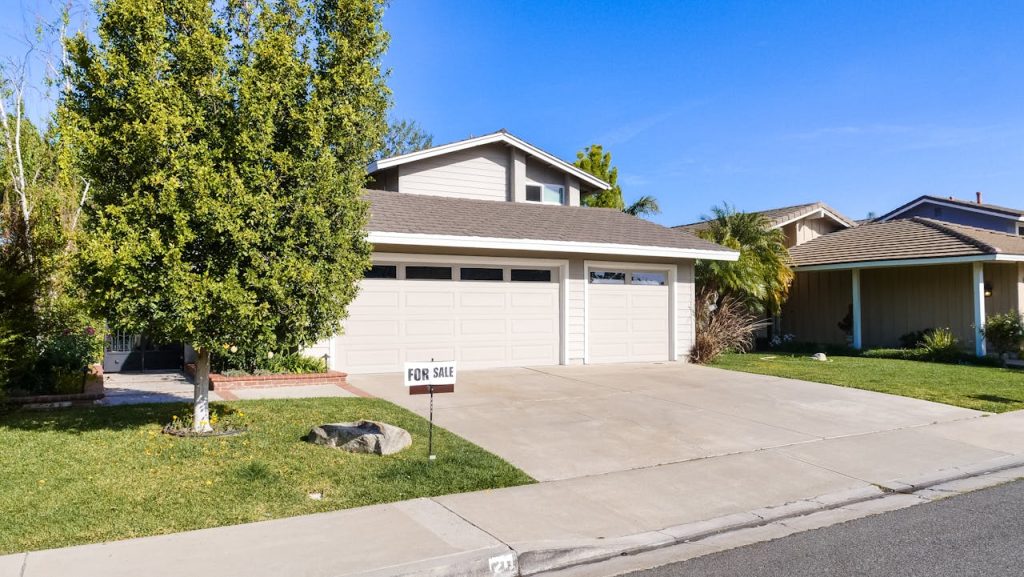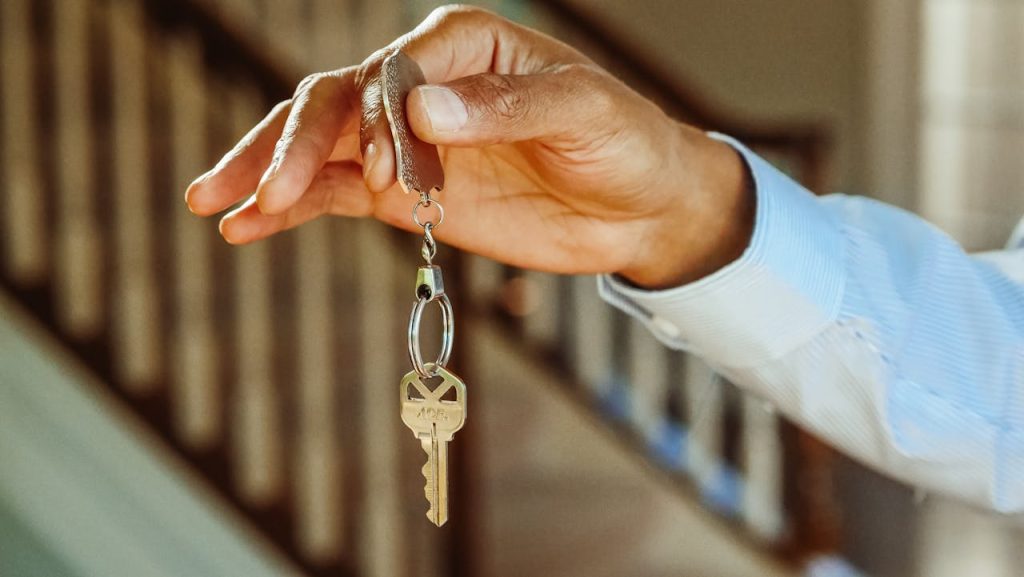
Image Source: pexels.com
Are you considering investing in real estate but worried about making costly mistakes? You’re not alone. Real estate investment can be one of the most rewarding ways to build wealth, but it’s also full of potential pitfalls that can drain your savings if you’re not careful. Knowing the right strategies can make all the difference if you’re a first-time investor or looking to expand your portfolio. With the right real estate investment tips, you can avoid common traps, maximize your returns, and set yourself up for long-term financial success. Let’s break down seven tips that could save you thousands—and help you invest confidently.
1. Do Your Homework Before You Buy
Jumping into a real estate investment without thorough research is like buying a car without a test drive. Before you sign any paperwork, take the time to study the local market, neighborhood trends, and property values. Look at recent sales, rental rates, and future development plans in the area. Understanding the market will help you spot undervalued properties and avoid overpaying. There are plenty of online resources, such as Zillow’s research tools, that can help you analyze trends and make informed decisions. Remember, knowledge is your best defense against costly mistakes in real estate investment.
2. Crunch the Numbers—And Then Double-Check Them
It’s easy to get swept up in the excitement of a potential deal, but real estate investment is all about the numbers. Calculate your expected expenses, including mortgage payments, property taxes, insurance, maintenance, and potential vacancies. Don’t forget to factor in closing costs and unexpected repairs. Use conservative estimates for rental income and always have a buffer for surprises. Many investors use the 1% rule—aiming for monthly rent to be at least 1% of the purchase price—as a quick screening tool. Double-check your math and make sure the investment makes sense on paper before moving forward.
3. Don’t Skip the Inspection
A professional inspection is a must for any real estate investment. Even if a property looks perfect on the surface, hidden issues like foundation problems, outdated wiring, or plumbing leaks can turn your dream investment into a money pit. An inspection might cost a few hundred dollars, but it can save you thousands of unexpected repairs. If the inspection uncovers issues, you can negotiate with the seller for repairs or a lower price. Skipping this step is one of the most common—and expensive—mistakes new investors make.
4. Understand Financing Options
The way you finance your real estate investment can have a huge impact on your bottom line. Shop around for the best mortgage rates and terms, and don’t be afraid to negotiate with lenders. Consider different loan types, such as conventional, FHA, or VA loans, and weigh the pros and cons of each. Some investors use creative financing strategies like seller financing or partnerships to reduce upfront costs. The right financing can save you thousands over the life of your investment.
5. Plan for Ongoing Maintenance
Owning investment property isn’t just about collecting rent checks—it also means keeping the property in good shape. Regular maintenance protects your investment, keeps tenants happy, and reduces turnover. Set aside a portion of your monthly rental income for repairs and upgrades. A good rule of thumb is to budget 1-2% of the property’s value annually for maintenance. Staying proactive with repairs can prevent small issues from becoming expensive emergencies, ultimately saving you money and stress.
6. Screen Tenants Carefully
Your tenants can make or break your real estate investment. A thorough screening process helps you find reliable renters who pay on time and take care of the property. Check credit scores, verify employment, and contact previous landlords for references. Don’t rush this step—placing the wrong tenant can lead to missed rent payments, property damage, and costly evictions. Many landlords use professional screening services to streamline the process and reduce risk. Remember, a little extra effort up front can save you thousands in the long run.
7. Keep Emotions Out of the Equation
It’s easy to fall in love with a property, but successful real estate investment requires a clear head and a focus on the numbers. Don’t let emotions drive your decisions—stick to your investment criteria and walk away if a deal doesn’t make financial sense. Treat your real estate investment like a business, not a personal project. This mindset will help you avoid overpaying, making impulsive upgrades, or holding onto a property that isn’t performing. Staying objective is one of the most valuable real estate investment tips you can follow.
Building Wealth, One Smart Move at a Time
Real estate investment isn’t about luck—it’s about making informed, strategic decisions that protect your money and grow your wealth over time. By following these real estate investment tips, you’ll be better equipped to avoid common pitfalls, maximize your returns, and build a portfolio that stands the test of time. Remember, every smart move you make today sets you up for greater financial freedom tomorrow.
What’s the best real estate investment tip you’ve learned? Share your experiences or questions in the comments below!
Read More
Investing in Commercial Real Estate: A Different Breed Than Residential Real Estate
How to Raise Capital for Investment Properties as a Real Estate Agent

Travis Campbell is a digital marketer/developer with over 10 years of experience and a writer for over 6 years. He holds a degree in E-commerce and likes to share life advice he’s learned over the years. Travis loves spending time on the golf course or at the gym when he’s not working.








